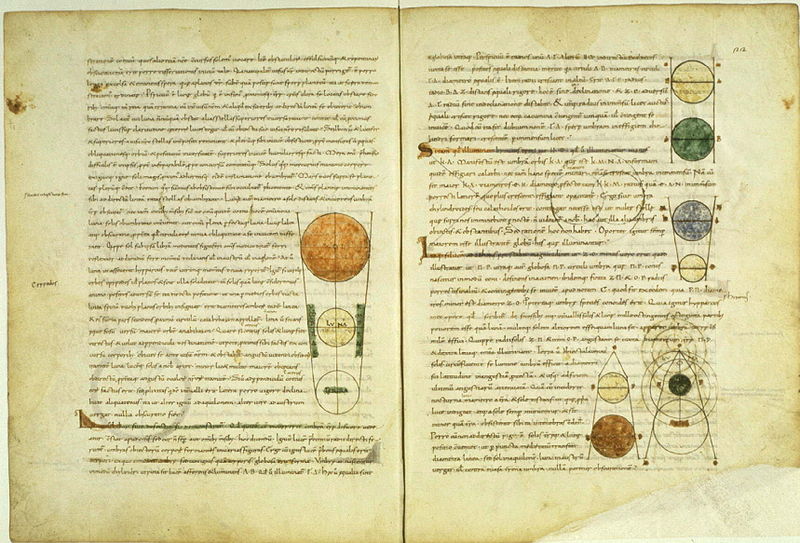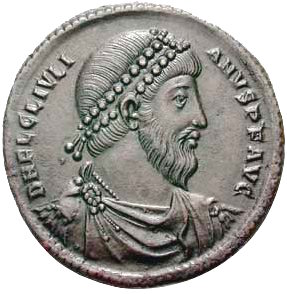
Layne, Danielle - Butorac, David D. (eds), Proclus and his Legacy, Walter De Gruyter, Berlin - New York 2017, pp. 449.
Aims and Scope
This volume investigates Proclus' own thought and his wide-ranging influence within late Neoplatonic, Alexandrine and Byzantinian philosophy and theology. It further explores how Procline metaphysics and doctrines of causality influence and transition into Arabic and Islamic thought, up until Richard Hooker in England, Spinoza in Holland and Pico in Italy. John Dillon provides a helpful overview of Proclus' thought, Harold Tarrant discusses Proclus' influence within Alexandrian philosophy and Tzvi Langermann presents ground breaking work on the Jewish reception of Proclus, focusing on the work of Joseph Solomon Delmedigo (1591-1655), while Stephen Gersh presents a comprehensive synopsis of Proclus' reception throughout Christendom. The volume also presents works from notable scholars like Helen Lang, Sarah Wear and Crystal Addey and has a considerable strength in its presentation of Pseudo-Dionysius, Proclus' transmission and development in Arabic philosophy and the problem of the eternity of the world. It will be important for anyone interested in the development and transition of ideas from the late ancient world onwards.







